In the Tang Dynasty, the great poet Bai Juyi wrote a poem called "Two Bowls of Tea", which goes: "After eating, a nap is taken, then two bowls of tea are drunk; looking up, the shadow of the sun has already slanted to the southwest; those who enjoy life cherish the passing days, while those who worry are tired of the years passing by; those who have neither worries nor joys, let their lives be as long or short as they may." Such leisurely and contented moments, along with a natural mindset, are truly precious.
Tea is not just a beverage for the Chinese people; it is also a gateway to understanding the wisdom of life. There is great wisdom in ordinary tea. Tea does not discriminate; it welcomes all. The chivalrous heroes in Jin Yong's novels can drink large bowls of tea to make decisive decisions and enjoy life to the fullest; the lovelorn characters in the Dream of the Red Chamber can sit together and savor fragrant tea while expressing their emotions through poetry. The way of tea is everywhere, just like the way of Dao.
Tea can promote health and treat illnesses
The one who first spread the knowledge of tea was none other than Lu Yu in the Tang Dynasty. Lu Yu's book, "The Classic of Tea," not only examines and evaluates tea, but also disseminates tea culture through his writings. If we look closely at the Chinese character for "tea", it can be interpreted as "people among plants." In the Chinese concept, the unity of man and nature is the way of Dao, and tea, originating from plants, is a graceful act of uniting man and nature. Lu Yu said, "Tea is extremely cold in taste, making it the most suitable drink for those who are virtuous, thrifty, and upright." "The fragrance of tea can bring tranquility and enlightenment, and the tea person can remain indifferent while having clear aspirations." A cup of fragrant tea, with its gentle steam, exudes purity of the soul, tranquility of mind, and respect for the way of nature, making it a way to promote health.
Tea was originally written as "tu", and according to the legend of "Shennong Tasting Herbs," there is a saying that "70 poisons encountered in a day can be resolved by tu (tea)". Traditional Chinese medicine believes that tea has medicinal properties and certain therapeutic effects. Raw tea has a bitter and sweet taste, and a cool nature. It enters the heart, liver, spleen, lungs, and kidneys. Bitterness can dry dampness, sweetness can replenish and harmonize, and coolness can clear heat and relieve fire. Li Shizhen in his book "Compendium of Materia Medica" said, "Tea is light and floating. When it is picked, the buds and sprouts are just starting to grow, and it absorbs the qi of spring. Although the taste is bitter, the energy is thin. It is both yin within yang and can ascend or descend." "The Lei Gong Pao Zhi Pharmacological Explanation" believes that tea is a clear and beneficial substance that enters all five organs. It has the effects of "aiding digestion and awakening the mind, eliminating phlegm and healing sores, promoting bowel movements and generating fluids, breaking up heat, clearing the head and eyes, and removing greasiness and toxins." The ancient Chinese medical texts have rich and complete records of tea and its therapeutic effects, which shows that ancient Chinese medicine had a clear understanding of the therapeutic effects of tea.
The legend and benefits of Shenxi Tea
Legend has it that during the Eastern Han Dynasty, Emperor Guangwu of Han was campaigning in the north when he encountered a high-ranking monk who invited him to drink tea. Emperor Guangwu willingly accepted the invitation. After drinking the tea, Emperor Guangwu felt refreshed, energized, and greatly pleased. He named this tea "Shenxi Tea" (tea that brings great joy). This story has been widely circulated among the people and has become an interesting topic of conversation after meals. Shenxi Tea has also become a beloved type of tea. So what exactly is Shenxi Tea and why is it so popular?
Shenxi Tea, originally named Maojiancao, scientifically known as Dendrobium loddigesii, is a plant of the Orchidaceae family in the order Asparagales. It is distributed in Liaoning, Inner Mongolia, Hebei, Shanxi, and other regions in China. It mostly grows in high mountain grasslands or sparse forests at altitudes of 650 to 2400 meters, and is adaptable to its environment. Maojiancao has dense inflorescences, with bright blue-purple flowers, large petals, and a fragrant aroma. It has high ornamental value. Maojiancao also has unique medicinal value. The locals near Luyashan in Shanxi Province call it "Maojian Tea." Since ancient times, there has been a tradition of making tea from it for drinking, believing that it has the effect of invigorating the stomach and aiding digestion.
According to books such as "National Compilation of Chinese Medicinal Herbs," "Inner Mongolia Plant Drug Chronicle," "Highland Herbal Treatment Manual," and "Inner Mongolia Herbal Medicine," Maojiancao can be used medicinally in its entirety. It has a spicy and bitter taste, a cool nature, and belongs to the lung and spleen meridians. It has the effects of dispelling wind and clearing heat, and cooling the liver and stopping bleeding. It is used to treat diseases such as wind-heat colds, chest and abdominal fullness, indigestion, rheumatic headaches, sore throat, and cough.
Modern research shows that Maojiancao contains abundant tea polyphenols, chlorophyll, amino acids, flavonoids, and other components. Tea polyphenols can eliminate harmful free radicals and have certain anti-mutagenic and anti-cancer effects. Chlorophyll gives Shenxi Tea its yellowish-green color, and the rich content of amino acids ensures a mellow and refreshing taste. Flavonoids have a certain protective effect on the heart. Studies by experts have shown that Maojiancao has obvious effects on lowering blood lipids, dilating blood vessels, and improving microcirculation, indicating its positive therapeutic effects on hypertension and cardiovascular diseases, as well as its ability to reduce cholesterol levels.
Although drinking tea has many benefits such as soothing emotions and sharpening the mind, most teas contain caffeine, which can keep tea drinkers awake. However, long-term consumption can affect sleep to varying degrees, and in severe cases, it can even cause emotional anxiety. Therefore, one of the criteria for good tea is that it should not have excessively high caffeine content. The higher the content of other nutrients such as tea polyphenols, the better. Shenxi Tea, made from Maojiancao, has this advantage. Expert studies have found that Shenxi Tea contains 210.78mg/g of tea polyphenols, meeting the standards of high-quality tea, and its caffeine content is 6.22mg/g, which is relatively low. With reliable production conditions and modern technology, Shenxi Tea retains the traditional tea's color and fragrance while keeping the caffeine content at a lower level. Therefore, drinking Shenxi Tea can promote digestion, improve microcirculation, and not affect sleep, making it a boon for tea lovers.
The art of tasting Shenxi Tea
Discerning tea's nature: Tea has its own nature, which refers to the taste and characteristics of tea leaves. This includes coolness, neutrality, and warmth. The fermentation degree of tea leaves determines their different natures. Most of China's famous teas belong to green tea, which does not undergo fermentation in the production process. Therefore, green tea, such as Shenxi Tea, has higher levels of tea polyphenols, chlorophyll, vitamins, and other nutrients compared to other types of tea.
Timing is important: Shenxi Tea has the effect of dispelling wind and clearing heat, so it is best to drink it on an empty stomach. The three golden time periods for Shenxi Tea to exert its fire-clearing effect are in the morning on an empty stomach, after a nap, and before dinner. In addition, during the cold winter season, when the body's pores are closed and people tend to eat warm foods such as beef and mutton to keep warm, the body is prone to internal heat and stagnation, leading to recurrent oral ulcers, skin sores, and other issues. At this time, drinking Shenxi Tea can clear the heart and lungs, clear heat, and help the body eliminate internal heat promptly. This is similar to the folk saying "eat radishes in winter and eat ginger in summer." Radishes have a sweet and cool nature and also have the effect of clearing internal heat.
Individualized approach: Traditional Chinese medicine believes that everyone has a different constitution, so health preservation should be tailored to the individual, and drinking tea is no exception. Shenxi Tea has a relatively cold nature, so it is suitable for those with an excessive yang, internal heat due to yin deficiency, and those with stomach heat. However, it should be consumed in moderation or with caution by those with kidney yang deficiency or spleen and stomach yang deficiency.


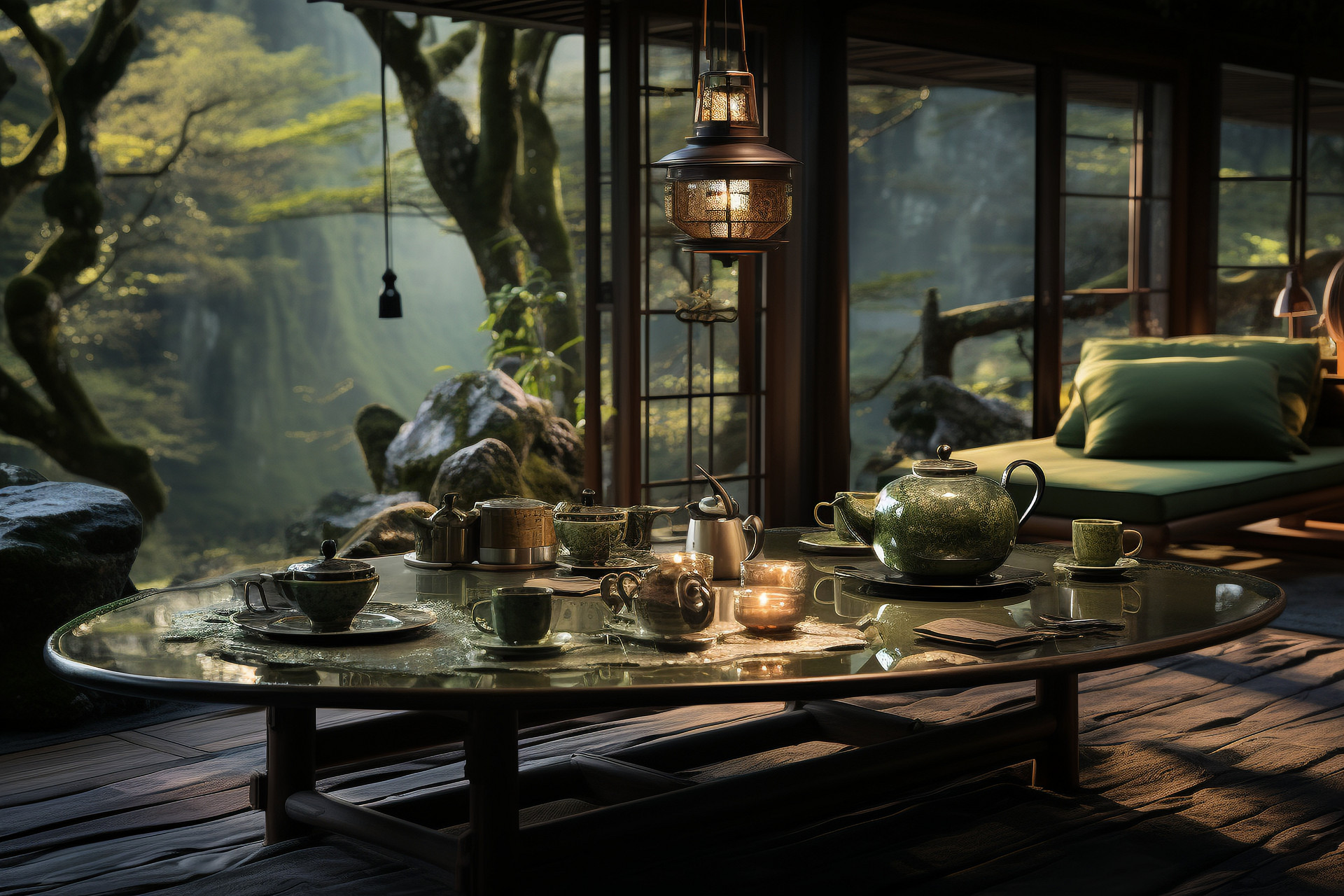

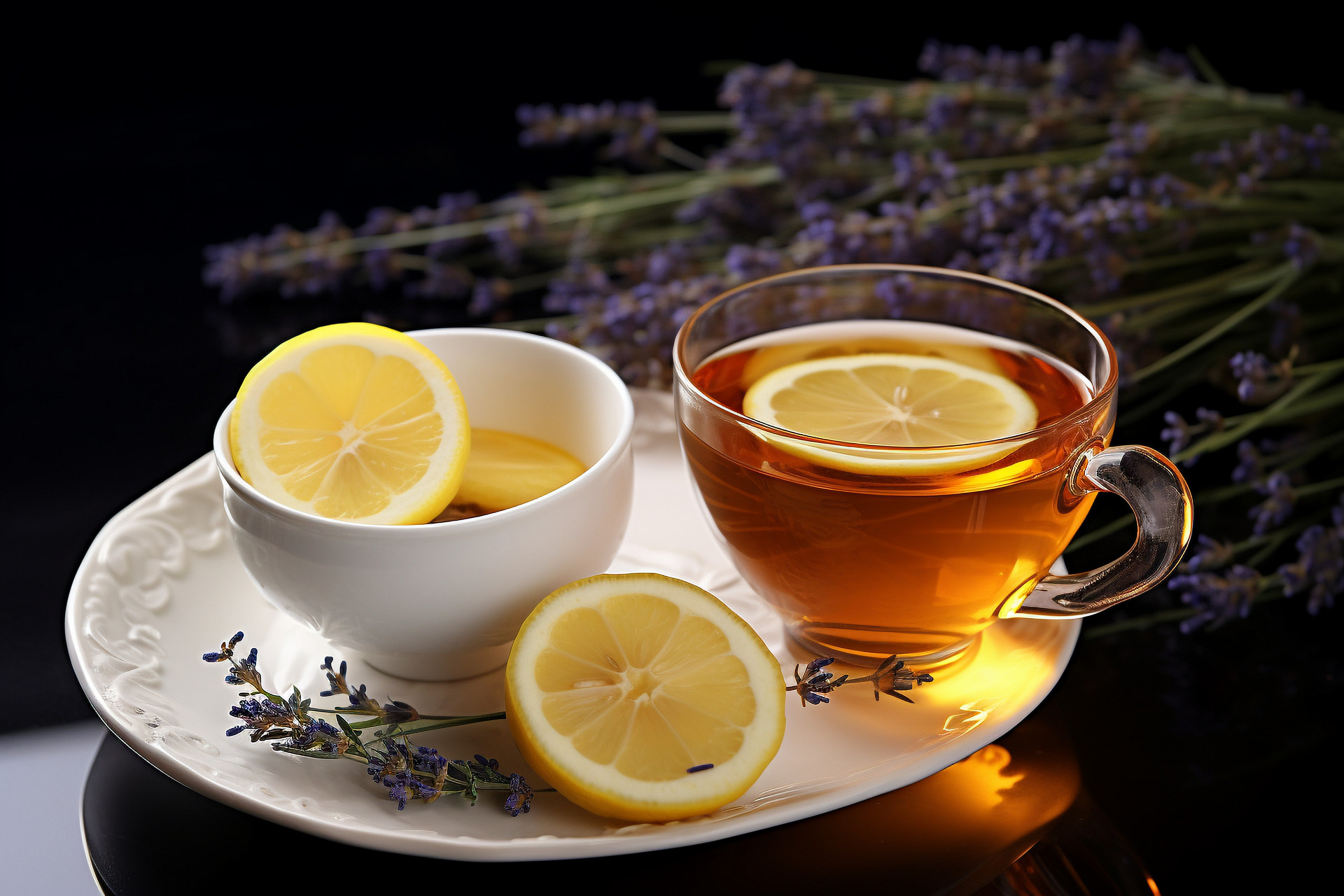
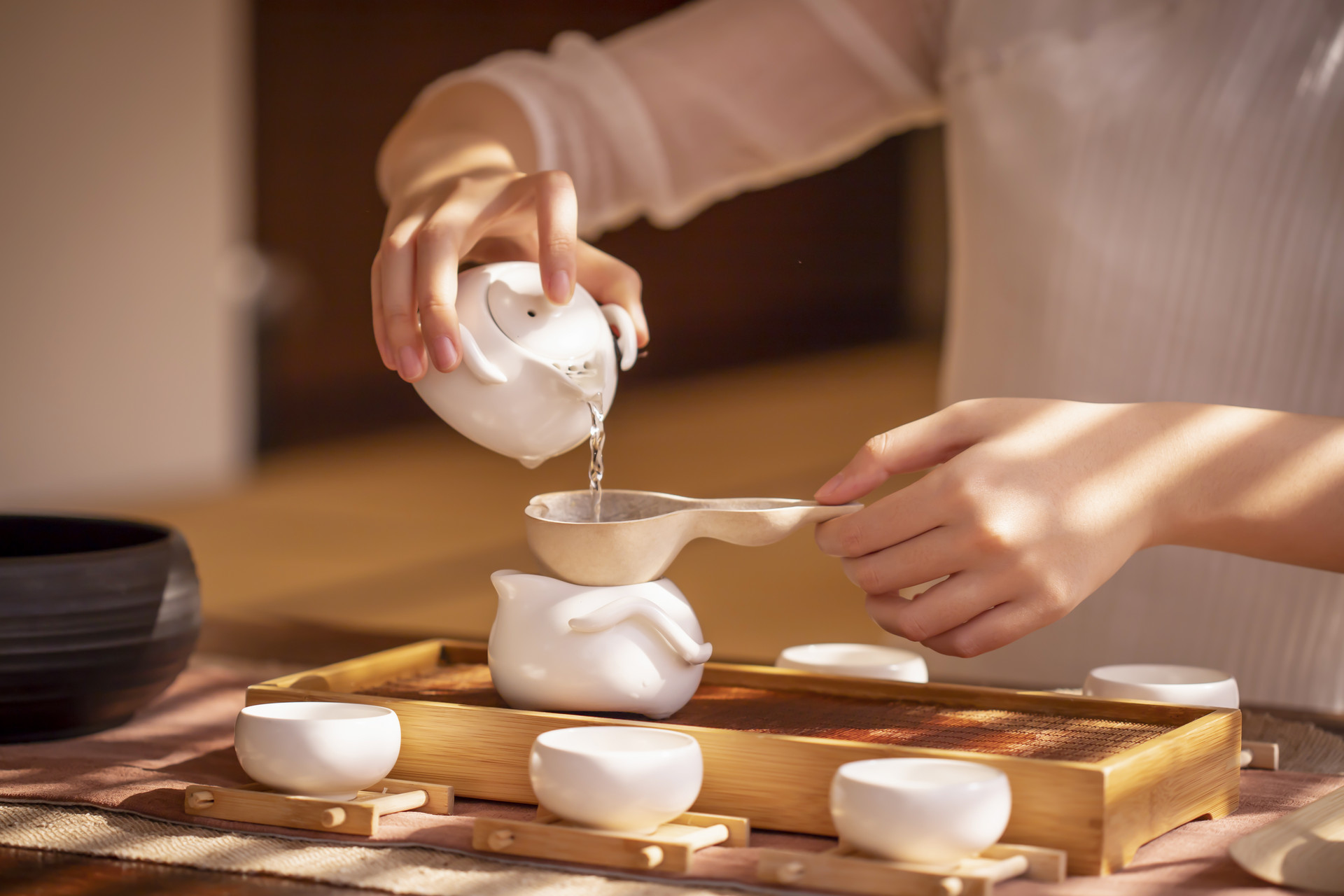
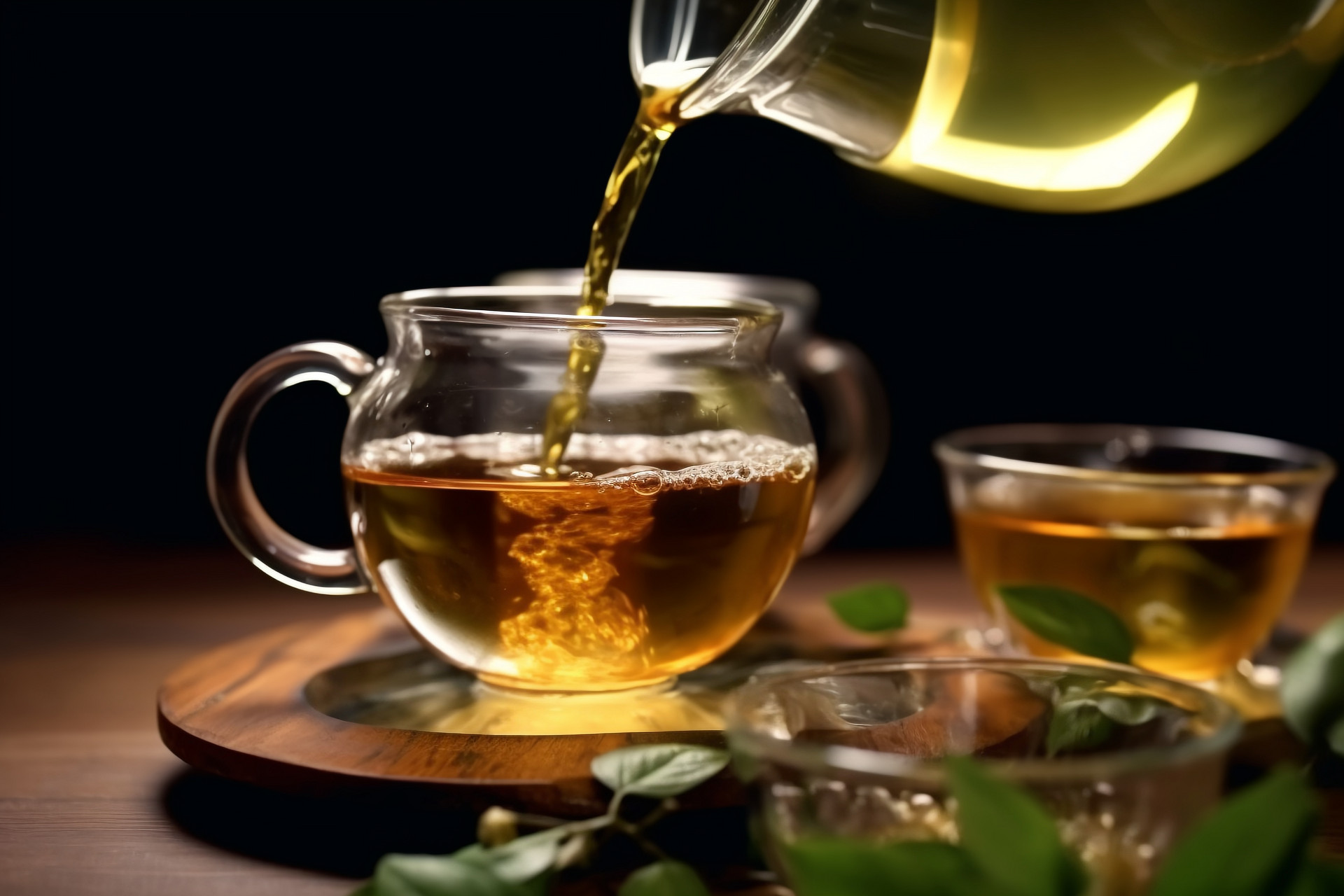

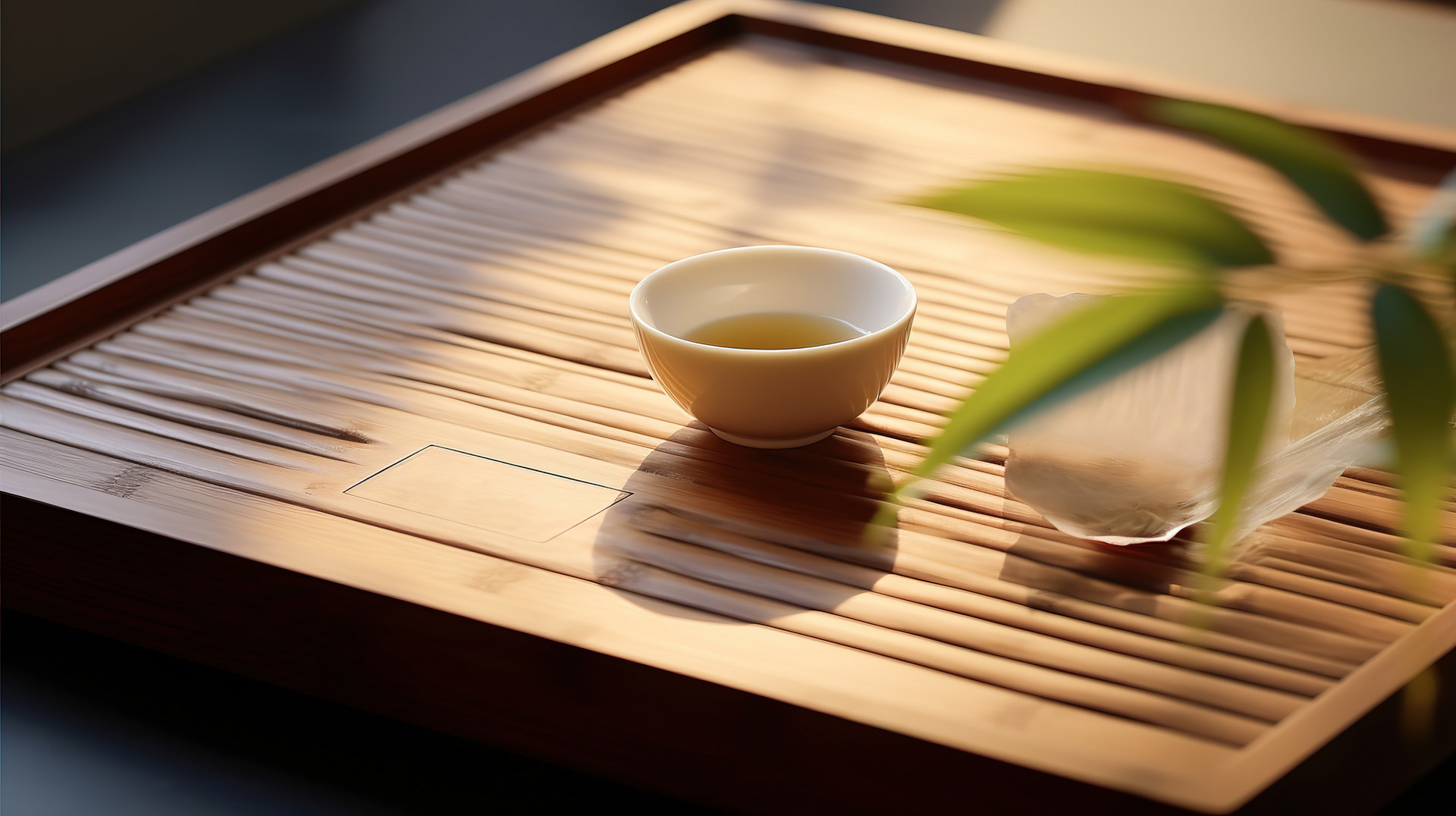
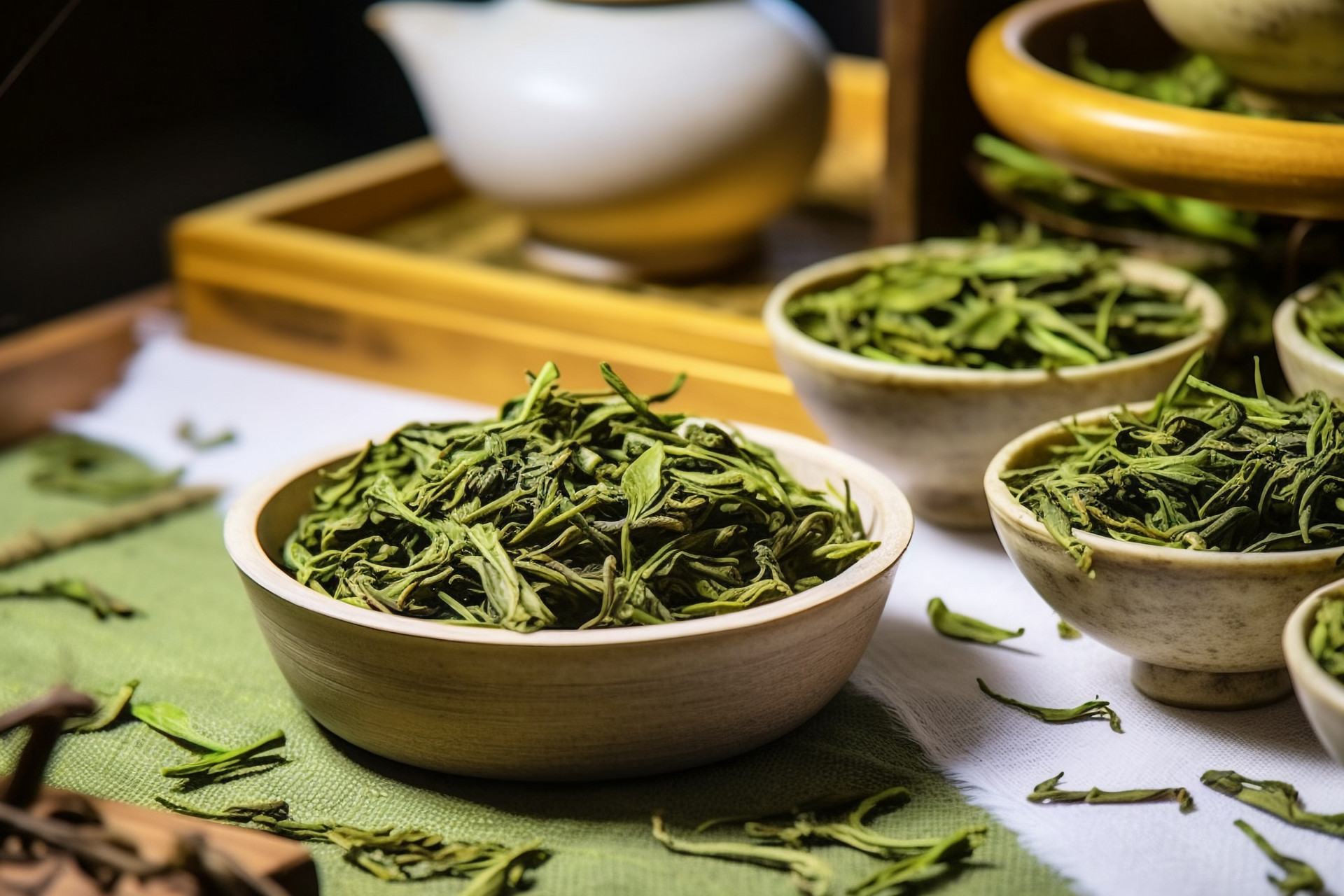
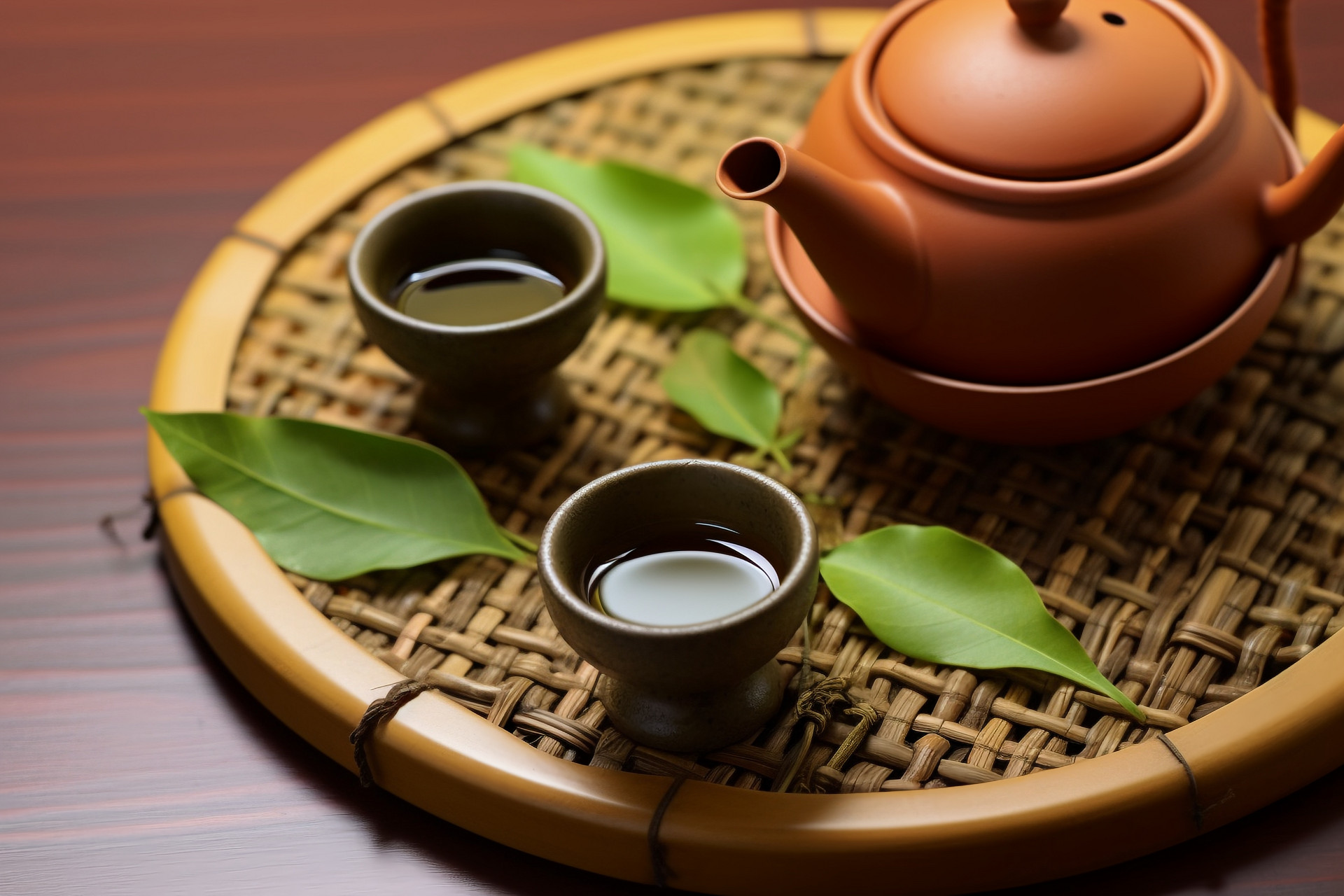
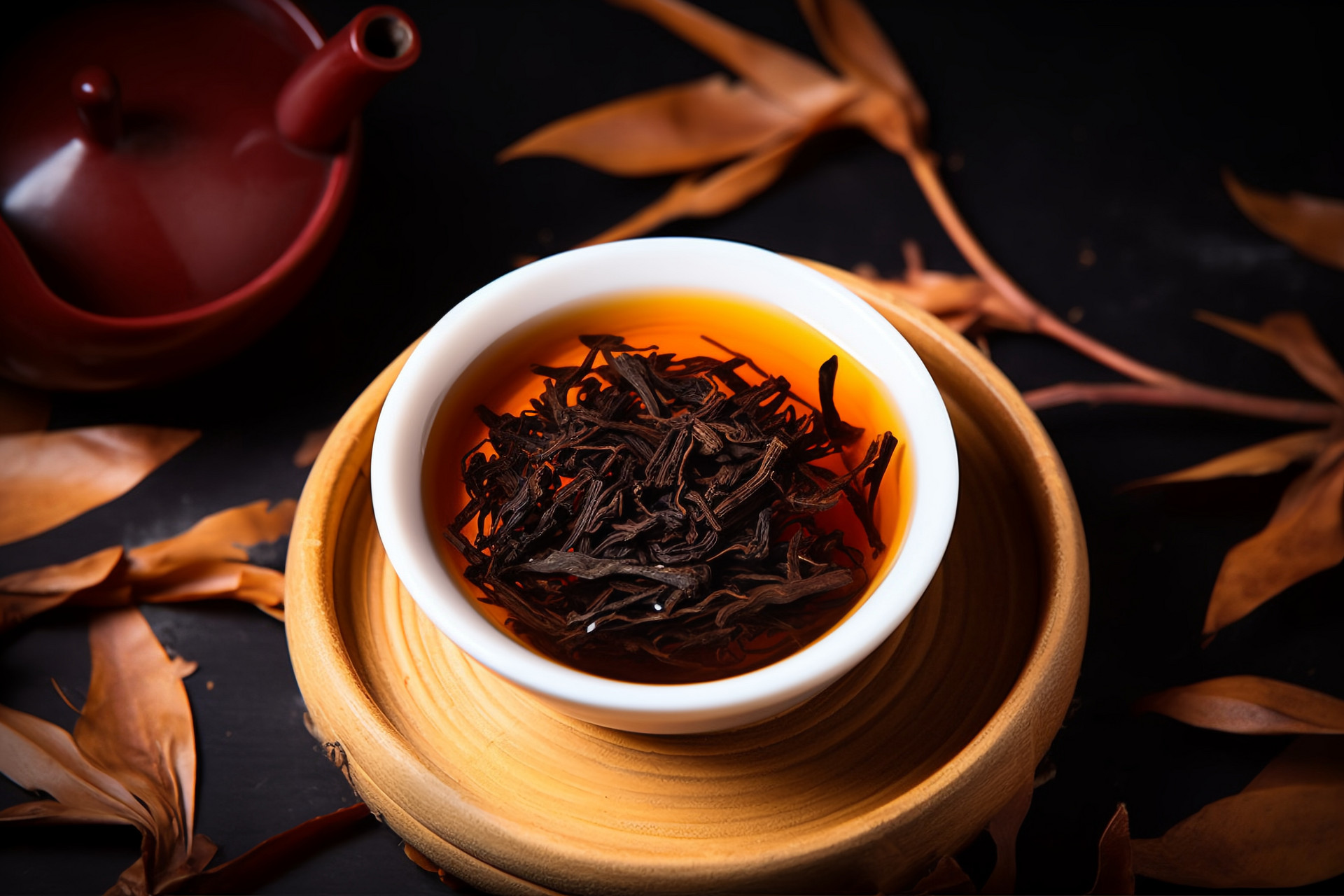
![[Herbal Wine Recipes for Health and Beauty]](https://tcmmaintenance.com/uploads/20240715/7241f6b6eafdaed88c28b26a37213964.jpg)